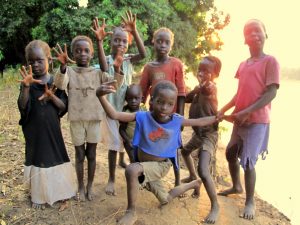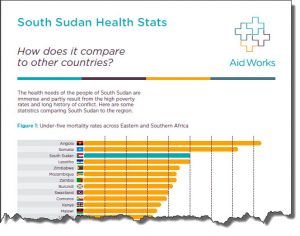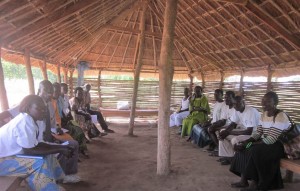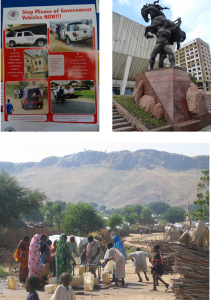Aid Works recently completed the final evaluation of GOAL’s Integrated Health project in Sierra Leone, funded by Irish Aid and the European Union. This is one of the first evaluations reviewing development-orientated activities in Sierra Leone, since the end of the Ebola crisis. Continue reading
Implementing integrated health projects in Sierra Leone
Web favorites
- Non Gamstop Casino
- Non Gamstop Casinos
- UK Sports Betting Sites Not On Gamstop
- Non Gamstop Casino
- UK Casinos Not On Gamstop
- UK Online Casinos Not On Gamstop
- Non Gamstop Casino
- Sites Not On Gamstop
- Non Gamstop Casino Sites UK
- Sites Not On Gamstop
- Betting Sites That Are Not On Gamstop
- Gambling Sites Not On Gamstop
- Gambling Sites Not On Gamstop
- Casinos Not On Gamstop
- Slots Not On Gamstop
- UK Casino Not On Gamstop
- Casinos Not On Gamstop
- Non Gamstop Casino UK
- Top UK Slot Sites
- Casino Not On Gamstop
- Casinos Not On Gamstop
- No Deposit Betting Sites Not On Gamstop




